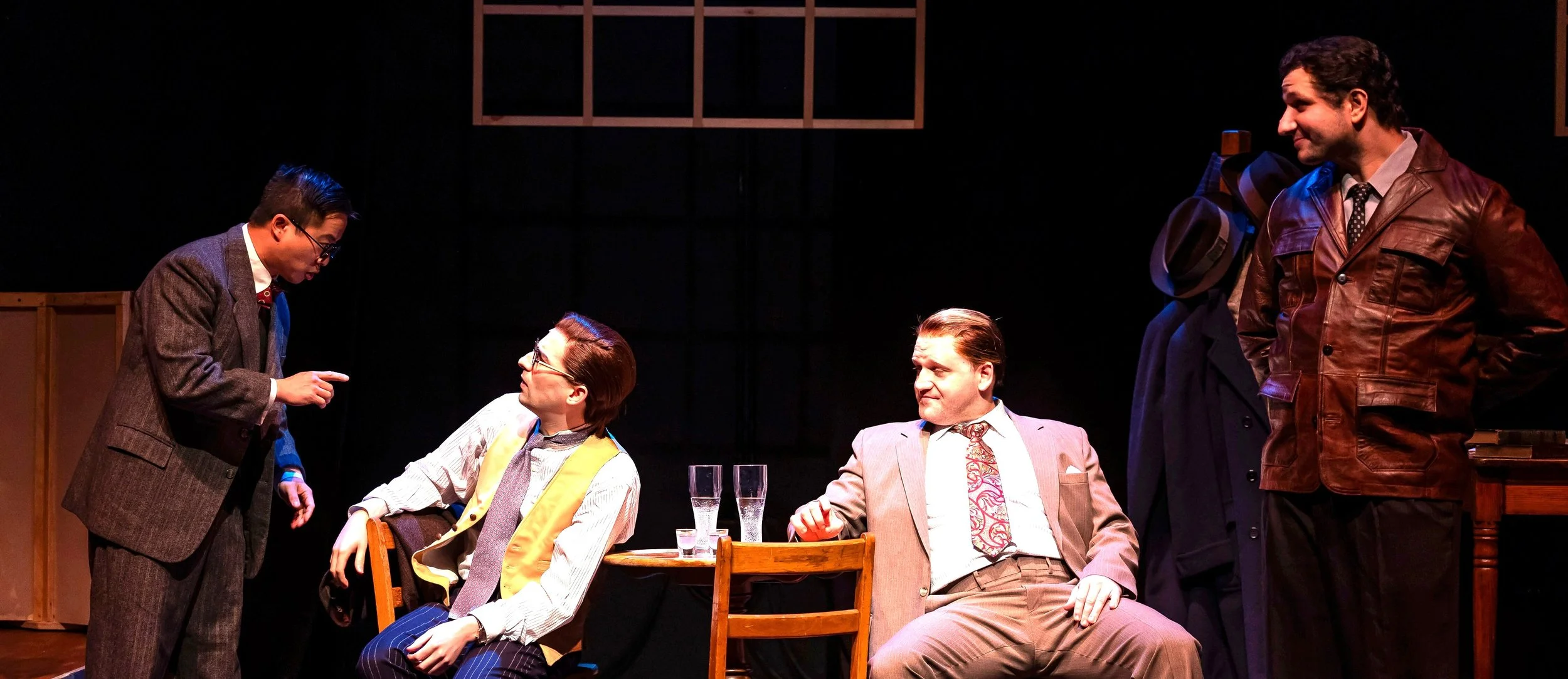In addition to introducing the word robot to the English language, Czech writer Karel Čapek’s 1920 sci-fi drama R.U.R. depicted a dystopian world in which scientifically manufactured laborers gradually eradicate humans. The play perfectly captured the anxieties of the burgeoning Machine Age and was a big hit on Broadway in 1922. S. Asher Gelman’s Scarlett Dreams attempts to tap into similar uneasiness as the former Information Age settles into the current Age of Intelligence. With the meteoric advancement and sudden ubiquity of artificial intelligence (AI), the play suggests that it may be just a matter of time when people will be controlled by digital avatars, and the difference between reality and virtual reality (VR) will become purely conjectural.
The Merchant of Venice
When most people think of Shakespeare’s The Merchant of Venice, it's Shylock who springs to mind, not the titular merchant. As a Jew in a Christian city-state, Shylock is an outsider; as a moneylender in an economy that reviles usury, he’s a pariah. Director Arin Arbus has chosen John Douglas Thompson, one of the most accomplished classical actors of his generation, as Shylock in her modern-dress production at Theatre for a New Audience (TFANA). Thompson, reportedly the first Black actor to play Shylock professionally in New York, finds music even in the most acidic passages of the Bard’s rhetoric; his nuanced performance explodes at crucial points, with moral indignation outstripping self-pity.








